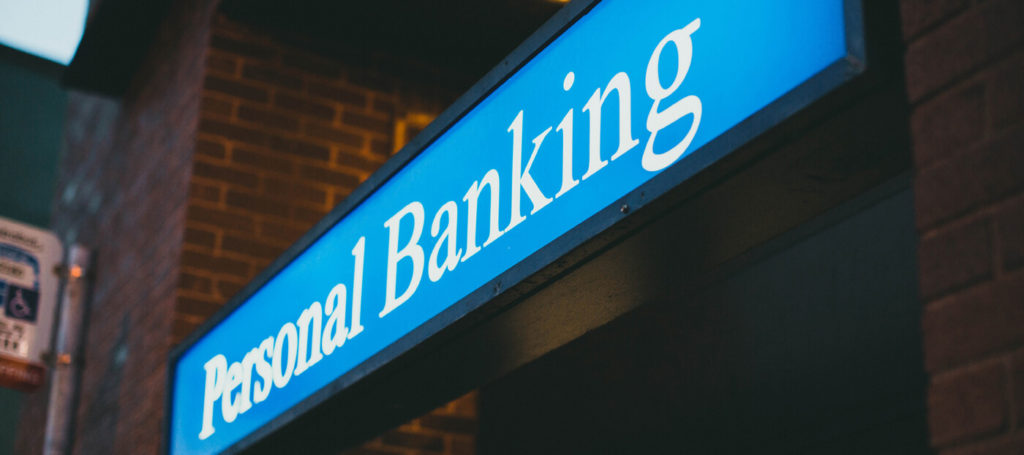
A short sale house, otherwise known as a quick sale property, is the name of a property when a borrower ends up owing more on their mortgage than what the home is worth. The lender will choose to take less than the amount owed to them by selling the home. It is an alternative to foreclosure that many homeowners seek to avoid the damage that a foreclosure can do to their credit record.
Process of a Short Sale
Many lenders dislike short sale homes because they all represent a loss, and they don’t like foreclosures because they are quite expensive. Because of this, lenders do not easily let buyers get out of their loans through a short sale, even if the result is a foreclosure. Lenders will make all potential short sellers provide proof that they are unable to make the payments because of a hardship in life.
Acceptable instances of hardship include a reduction in wages, loss of a job, divorce or health issues. The borrower will have to supply information about their financial records such as bank statements, tax returns and W2s to send in with their application for a short sale. The lender will then decline or approve the short sale.
Comparative Market Analysis
If the lender approves the short sale process, they will want to ensure they are getting the most money on the property that the market allows. This means avoiding situations where a buyer will buy the house below its market value, which can make their loss worse. Lenders will require the borrower to provide a comparative market analysis to show that the listing price is either near or at market value. The lender and the seller both have to approve the offer when it is made. Should the lender not believe it to be enough, they can counter with a higher price.
Government Incentives

Starting in 2010, the Home Affordable Foreclosure Alternatives program made it easy for the short sale process to be completed and offers monetary incentives both to the lenders and the sellers. One of the issues with a short sale is that it can take quite a long time to process, which could result in the buyer walking away. This program helps keep short sales to certain closing times to stop this from happening.
Secrets of a Short Sale:
- Be Patient. One of the biggest complaints about short sales is that it takes a long time. During the process, the lender also does not communicate well with either the buyer or the seller. Though a standard real estate sale might take up to 45 days, a short sale can take months. A buyer has to allow the bank time to do its job without becoming impatient, which will just add fuel to the fire. Telling the seller that you are comfortable waiting around and don’t intend to walk may also increase your chances of closing.
- Understand the HAFA Program. HAFA, or the Home Affordable Foreclosures Alternatives Program, began in 2010. Lenders aren’t required to participate in this program, but some choose to follow a number of rules that allow the process to move along more quickly. Lenders that participate can also give sellers pre-approved short sale terms to ensure both the seller and buyer understand these terms initially. If you are considering short selling your home, see if your lender is a HAFA participant. If, on the flip side, you’re making an offer on a short sale home, figure out what lender has the mortgage and ask if they are HAFA participants.
- Understand the Short Sale Status. Usually, unless the lender is a HAFA participant, they will not allow the borrower to know if they will agree to a sale, at least not until after an offer is made. The lender will look at the initial offer as well as the seller’s qualifications to decide if the offer is at or near the home’s market value. If they are a participant, as a buyer, you can ask the listing agent if the house has yet to be approved for the short sale. If you are a seller, make sure you have the right documentation to get the lender interested in approving the short sale.
- Expect Time Contingencies. If you are considering buying a short sale, a crucial step is to impose deadlines for the lender to respond throughout the process. Without the deadlines, you may be waiting on a contract for a long period of time. Through deadlines, you can decide if you want to wait or try to find a better deal.
- Key Differences Between a Short Sale and a Foreclosure
For many people, owning their own home is a huge goal they aspire to. It requires a lot of discipline and saving to be able to do so, and having a good credit score goes a long way. Sometimes, things get in the way of this dream. Homeowners could end up losing their jobs, making less money or going through a divorce, making it next to impossible to continue paying the mortgage.
When this happens, homeowners are faced with two options. If the home is underwater or the mortgage payments over overdue, the choice is to do a short sale of the home or face foreclosure. There are various reasons why a homeowner might choose a short sale over a foreclosure. Either way, the owner will have to give up the home, but the consequences and timelines of both are different.

What is a short sale home?
A short sale is a process that the homeowner undergoes voluntarily. The homeowner will sell their home for an amount less than what they still owe on their mortgage. A homeowner might end up selling their home for $175,000 even if the amount they still owe is $200,000. The amount that is left on the loan as well as any fees and costs associated with the sale is considered the deficiency. On the other hand, a foreclosure is involuntary. The lender can legally take the home once the borrower has stopped making payments. This is the final option for the lender because the home is used as collateral.
Short Sale Real Estate and the Short Sale Process
Before the process on a short sale home, otherwise known as quick sale property, can occur, the lender has to sign off on and approve the sale. The lender must also take documentation from the homeowner explaining why a short sale is the best option. This is because there is the possibility that the lender could lose a good deal of cash doing this.
If the buyer is approved for the short sale, the homeowner and the buyer will negotiate with one another before trying to get approval from the bank. It is important to understand that no sale can take place if the lender doesn’t approve it first. After the short sale has been approved and eventually closed on, the lender will get the money from the sale. Even so, the homeowner is still responsible for paying the deficiency, meaning whatever is left to be paid on the loan.
Foreclosure
Foreclosures are different from short sales in that the lender is the one who initiates them. A homeowner who cannot make their payments may be facing foreclosure unless they can pay their loans. The proceedings for foreclosure vary state by state, including the options the homeowner has to correct the missing payments and the types of notifications the lender has to give. Laws also dictate the time a bank has to sell the house.
The lender will legally take control of the home and sell it forcefully. In so doing, the lender will attempt to get back the money they loaned for the original mortgage. Unlike short sales, foreclosures often take place when the homeowner has already left the home. If the occupants are still there, they will be evicted during the foreclosure process by the lender.
After the lender can access the house, they will get an appraisal and begin the process of selling the home. A foreclosure doesn’t usually take as long as a short sale, since the lender is more concerned with liquidating the property as swiftly as possible. Foreclosed homes can also be auctioned off at a trustee sale where buyers can then place bids on them publicly. Foreclosures can damage a person’s credit for seven years, while short sales don’t affect the rating at all.

Things To Consider
Foreclosures and short sales both have unique consequences. Both of them will require the homeowner to forfeit their home, often before they are prepared to do so. Outside of this, however, these two processes are not very similar at all.
Short sales will usually take a lot of time and require a lot of paperwork to complete, sometimes taking as long as a year from start to finish. Foreclosures tend to happen quite quickly. Banks will typically want to sell the property as quickly as they can to make their money back.
Though short sale homes are not necessarily harmful to the credit rating of the homeowner, a foreclosure will be. A homeowner who has already undergone a short sale may be able to buy another home straight away. However, a foreclosure stays on a credit report for up to seven years. Because of this, homeowners who go through foreclosure may have to wait a minimum of five years before they can buy another home.
Foreclosures and short sales both occur when the homeowner can no longer make the payments on their home. Both of these processes end with the homeowner giving up their home, but how the process is completed varies greatly. Many homeowners prefer the idea of a short sale because it does not reflect poorly on their credit nor does it affect their ability to buy another home. Even so, some lenders may not approve the short sale, meaning that the homeowners are faced with foreclosure all the same.



